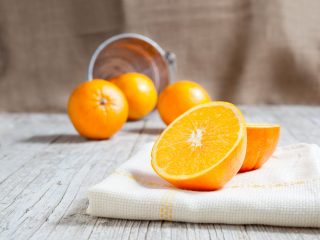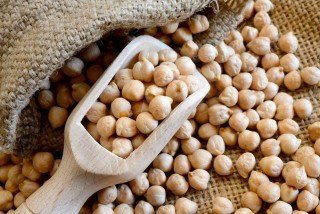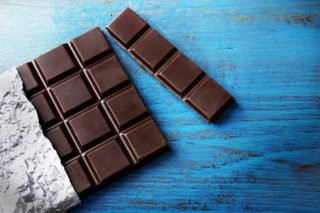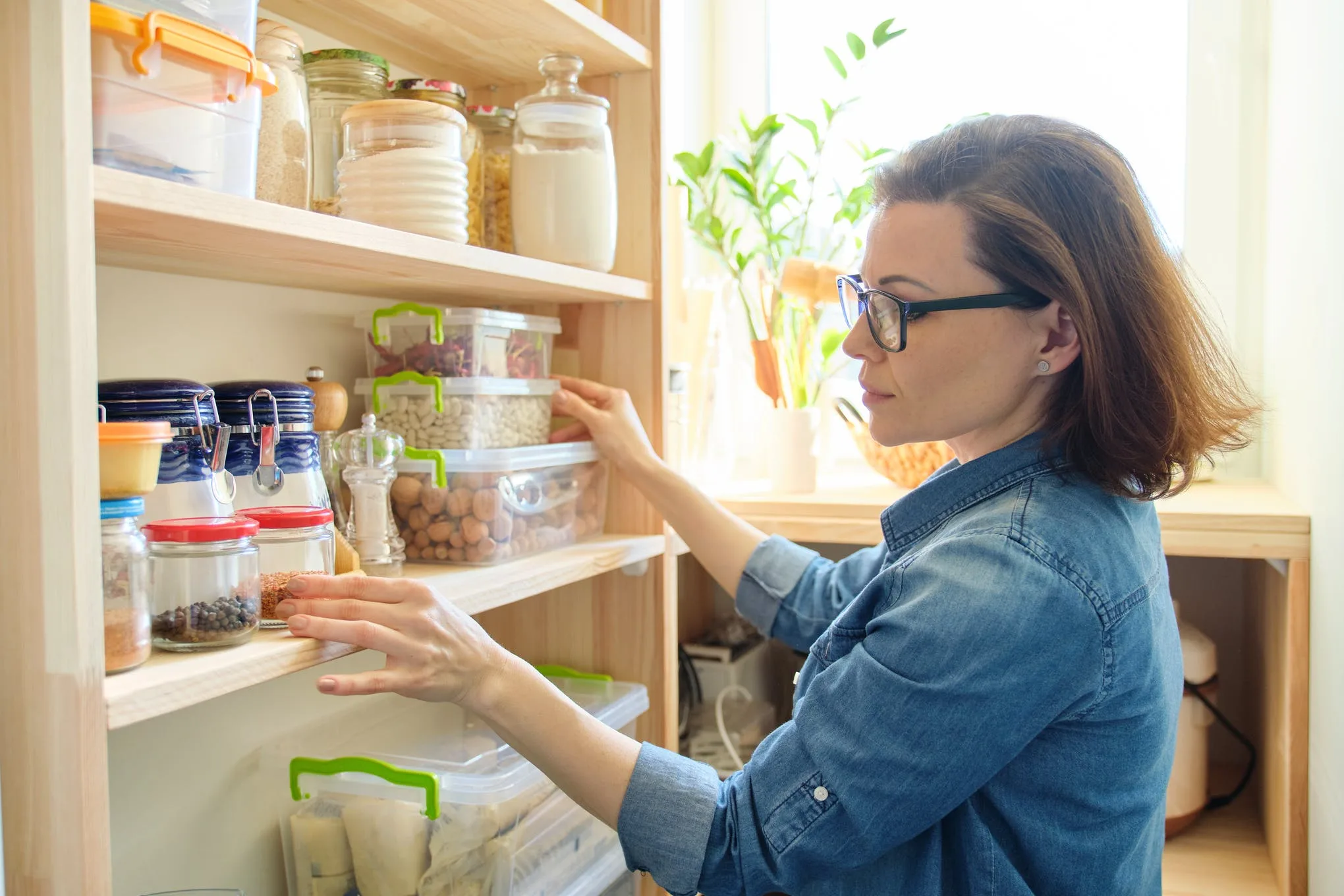Chances are, you’re going to be housebound for the next 2 to 3 weeks, especially with both school and work shutdown. As a result of the coronavirus quarantine, you may be doing your best to limit your trips to the grocery store. Now with you spending so much time indoors, you may be worried about your dietary habits but fret not, as it is possible to eat healthy when stuck at home
Choosing a “quarantine-diet”, for lack of a better term, all comes down to choosing shelf-stable foods like canned goods and legumes and as well as long-lasting fruits and vegetables. Additionally, you can also opt for frozen fruits and vegetables as research has found that they can have just as many nutrients as fresh fruits and vegetables. These foods are not only long-lasting, but they also pack a nutritional punch that will help your health and body get through your current self-isolation.
A rule to remember at the grocery store
Now with that said, it’s important to not let your anxiety about quarantine overpower your logic and empathy. When making a trip to the grocery store to stock up on the below-mentioned foods, there are no reasons as to why you need to overbuy. 
At this point, there have been no indications whatsoever that food retailers will be unable to meet the demand of consumers therefore, please do consider the needs of others and do not purchase more than you need.
A note about canned fruits and vegetables
When stocking up on canned fruits and vegetables, do remember to opt for brands that are free of added sugars. Also, make sure to thoroughly rinse your canned vegetables to get rid of the extra sodium.
11 long-lasting healthy foods for self-isolation
1. Apples
Believe it or not, an apple a day really does keep the doctor away an apple a day really does keep the doctor away. Not only are they healthy and affordable, but apples can last up to two months. In fact, you can also make them last longer by keeping them in a plastic bag in a drawer (just make sure to do so away from other fruits and vegetables as the ethylene gas apples emit will cause other produce to ripen faster).
Apples are also rich in soluble fiber, and according to a study published in the Brain Behavior and Immunity journal, soluble fiber can help to strengthen your immune system, which is important when protecting yourself against the coronavirus. Additionally, red apples also contain quercetin and this compound can help to boost your immune system, especially when your anxiety is on a high – which is likely to happen during the coming weeks.
2. Oranges
Rich in vitamin C, oranges can stay out for two or three weeks in the kitchen, and once in the fridge, they can stay good for up to two months.
 In addition to fortifying the immune system, vitamin C found in oranges can also help to ease any depressive symptoms, which is definitely a good thing as you may begin to battle cabin fever-induced depression.
In addition to fortifying the immune system, vitamin C found in oranges can also help to ease any depressive symptoms, which is definitely a good thing as you may begin to battle cabin fever-induced depression.
3. Onions
These essential cooking vegetables can last up to 2 months in the fridge, and can even last longer in the freezer.
Aside from being an essential cooking tool, onions are incredibly rich in immune-boosting nutrients which will definitely keep you strong and healthy for the coming weeks. These nutrients include vitamin C, selenium, quercetin, and even zinc.
4. Carrots
Carrots can last up to five weeks in the fridge, and it’s important to keep them dry if you want them to last longer.
In regards to their nutritional profile, carrots are high in the antioxidant beta-carotene. Mostly associated with skin and eye health, the beta-carotene in carrots – along with the vitamin C – can help to provide an immune system boost, helping you get through the next few weeks much easier.
5. Canned tomatoes
Canned tomatoes are always an option, especially when fresh ones aren’t in season. These tomatoes are a great addition to soups, sauces, and chilies.
Additionally, canned or not, tomatoes are incredibly rich in immune-boosting nutrients such as beta-carotene, vitamin C, and vitamin E.
6. Canned chickpeas
A rich plant-based protein, canned chickpeas should definitely be a part of your pantry, quarantined or not. 
Chickpeas aren’t only versatile, but they’re also rich in zinc which helps to regulate your immune system. What’s more, chickpeas are also rich in an amino acid known as tryptophan which helps to encourage the production of serotonin, which serves to alleviate any anxiety and stress that you may be feeling in the coming weeks (1).
7. Canned fish
Tuna (albacore tuna as it’s lower in mercury), salmon, and sardines are all great options as they are a great source of both protein and omega-3 fatty acids. In addition to making a great lunchtime sandwich, the omega fatty acids found in canned fish can help alleviate your anxiety and even boost your immune system.
8. Seeds
Be it pumpkin seeds, flaxseeds, or chia seeds, these seeds supply both protein and fiber, which helps to regulate your immune system. They’re also the perfect snack option, especially if you begin to feel peckish throughout the day.
9. Nuts
Another great snacking option that can last long, you should definitely be stocking up on some nuts.
In fact, almonds, walnuts, and pistachios are incredibly high in vitamin E and this nutrient is quite effective in protecting the immune system, particularly by helping to prevent colds. Considering the current state of events, you may want to eat more of these nuts.
10. Dark chocolate
There’s no reason as to why you can’t indulge in some dark chocolate. In fact, it can last up to 5 years if constantly stored at temperatures ranging between 60 °F – 65 °F.
 Also, you have no reason to feel guilty about enjoying a block of dark chocolate as it contains compounds that not only help to regulate the immune system but also contain stress-reducing antioxidants which help to improve anxiety.
Also, you have no reason to feel guilty about enjoying a block of dark chocolate as it contains compounds that not only help to regulate the immune system but also contain stress-reducing antioxidants which help to improve anxiety.
11. Beans and legumes
Last but certainly not least, beans and legumes not only provide long-lasting, protein-rich options for plant-based eaters, but they provide a great variety for a nutrient-rich meal.
References
Bouzari, A., Holstege, D., Barrett, D. (2015). Journal of Agricultural and Food Chemistry, 63 (3), 957-962, DOI: 10.1021/jf5058793



![women [longevity live]](https://longevitylive.com/wp-content/uploads/2020/01/photo-of-women-walking-down-the-street-1116984-100x100.jpg)










